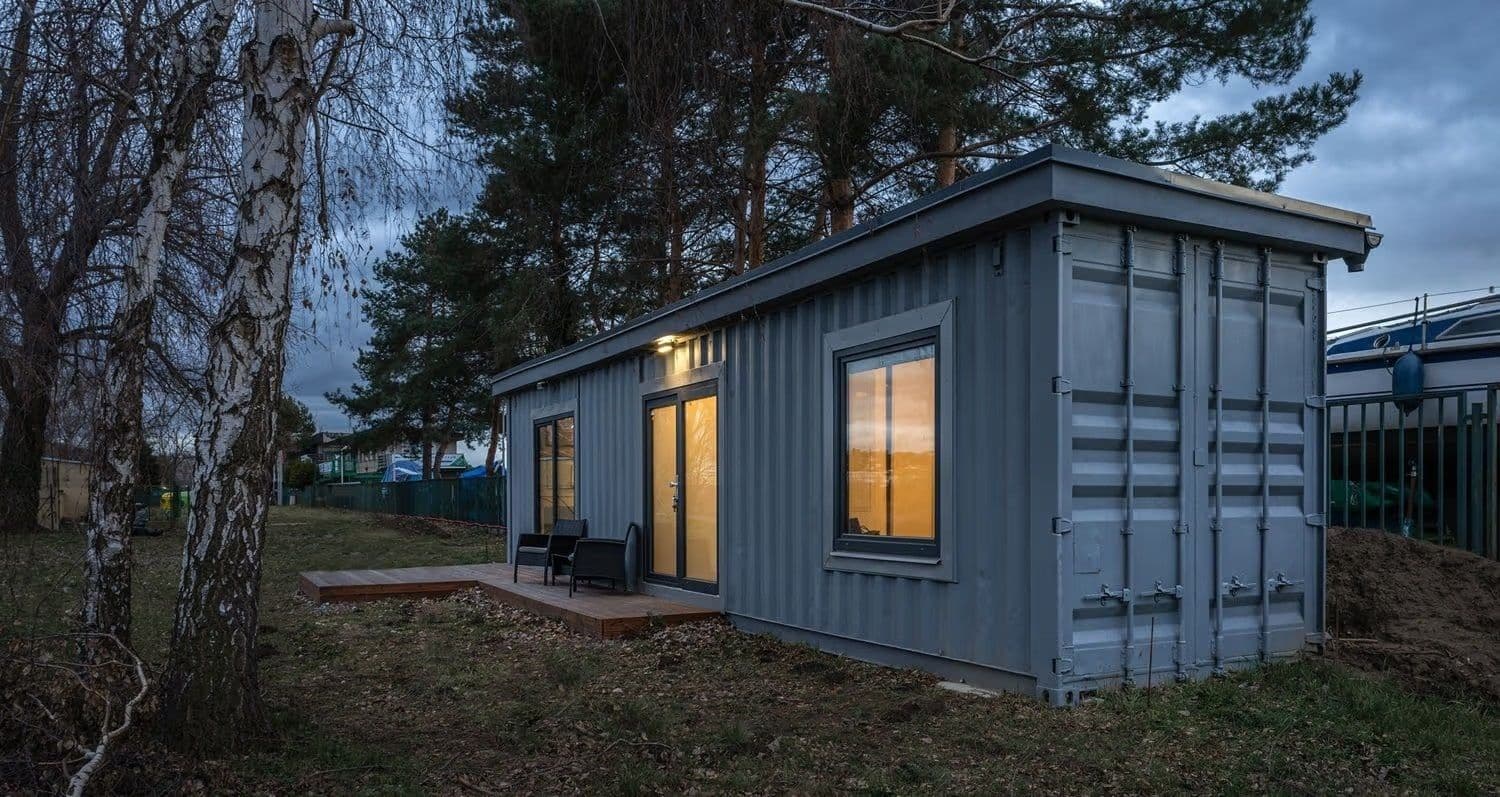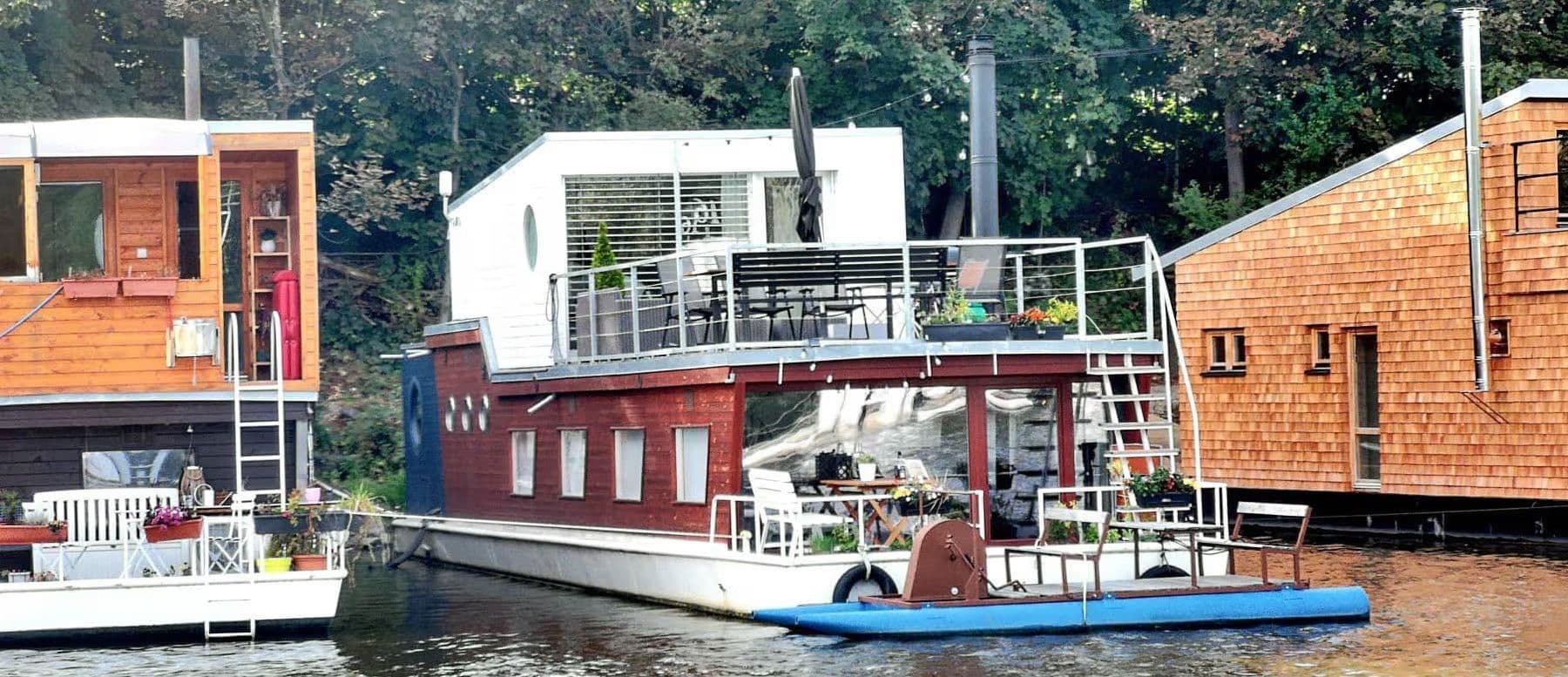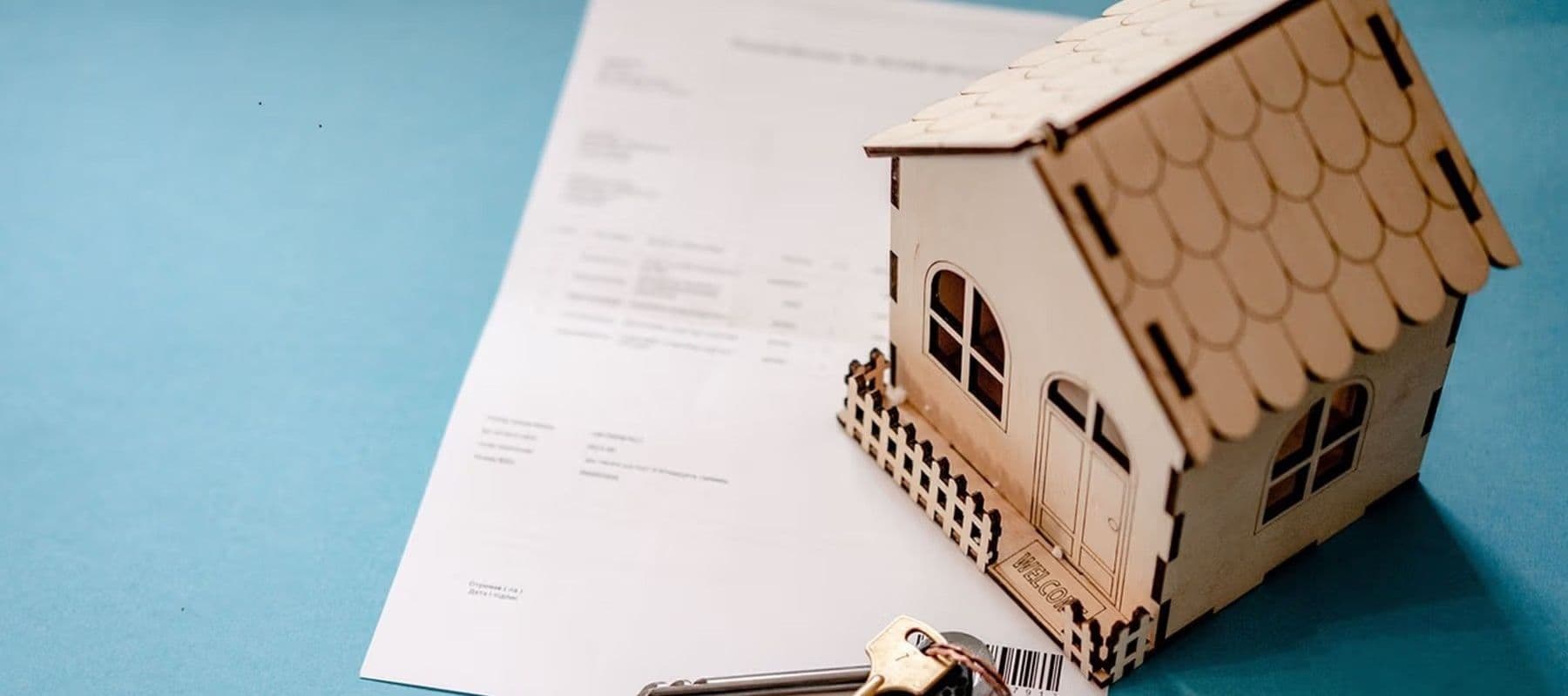Rental fees - which are the tenant's and which are the landlord's?
Water, sewerage, waste, radio fees or insurance. Apart from paying the rent itself, rented accommodation carries with it a number of other regular payments that can bite into the household budget. Let us help you sort out which fees you have to pay as a tenant and which ones are the landlord's responsibility.
Table of Contents
Rental fees
Anyone who has ever lived in a rental property is familiar with the magic phrase "plus fees" that can be found in most advertisements. And although the rent amount itself may seem reasonable at first glance, it's these extra payments that can make it uncomfortable. That's why it pays to be aware of what we legally have to pay as tenants.
In addition to the obligatory water or waste, the category "paid by the tenant" also includes, for example, charges for routine maintenance and minor alterations, which are defined in Regulation No. 308/2015 Coll.
Payment of utilities in a lease
Payment of utilities is always a matter of agreement between the two parties. In principle, therefore, there can be two variants
1. The tenant pays the energy
Some landlords (but also the tenants themselves) prefer to transfer the energy to the tenant so that they do not have to deal with complicated billing. The advantage for the tenant is that they can choose the energy provider of their choice, change it at any time and have an accurate overview of their expenses.
2. The landlord pays the energy
Other landlords keep the utilities written down and collect the deposit from the tenant. However, in this case, the landlord is obliged to deliver a bill to the tenants no later than 4 months after the end of the billing period, which normally lasts 1 year. The tenant may also invite the landlord (preferably in writing) to inspect the documents used for the billing. The landlord is obliged to comply and provide the costs of the individual services, the method of allocation, how the amount of the deposits was determined and how the billing was carried out. The two parties must also settle financially, i.e. either pay the arrears or return the overpayment to the tenant, no later than the 4 months mentioned above.
Rent-related services paid by the tenant
- Heating
- Water, sewerage
- Hot water
- Lighting and cleaning of common areas in the building
- Use of the lift
- Inspection and cleaning of chimneys
- Equipment of the apartment with a common TV and radio antenna
- Waste removal
- Radio and TV fees
- Household insurance
- Services paid by the owner
Services paid by the owner
The property owner is legally obliged to pay for services associated with owning an apartment. This primarily includes insurance for the unit, its management, and also, for example, payments within the housing cooperative. The repair fund often becomes a point of contention and a point of friction between owners and tenants.
Be careful of fees within development projects, especially for apartments in modern apartment complexes. These include additional VIP services that are available with the apartment, such as a security system, reception services, a shared fitness center, a roof terrace or civic amenities in the building, and are therefore often much higher than regular fees.






